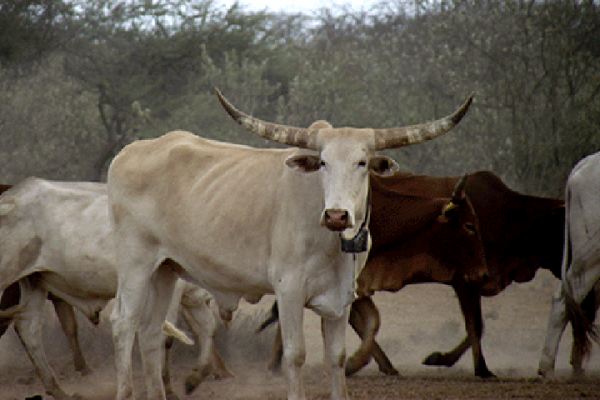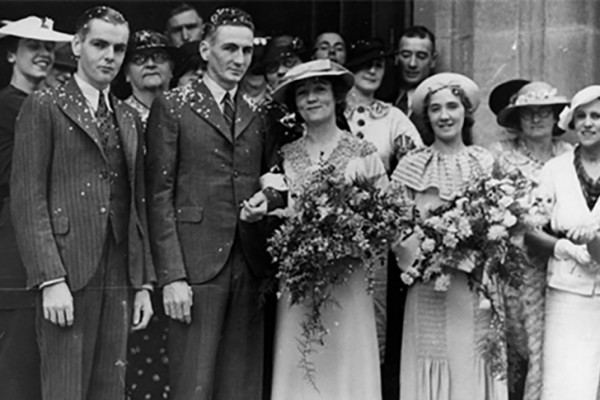Washington University, St. Louis to host anthropology, human biology scientific meetings March 24-28
The importance of human milk in evolution and modern
health; biology and race in Ferguson; and the latest research on Cahokia
Mounds will be among the presentation topics as three major human
biology and anthropology professional groups converge in St. Louis for
their annual scientific meetings March 24-28.
Mind sciences explore Ferguson, racial bias and policing March 27
Scholars of philosophy, psychology, neuroscience and other sciences of the mind will discuss how insight from their disciplines can help us better understand and eliminate the effects of racial bias in policing during a free forum March 27 at Washington University.
Ancient Africans used ‘no fly zones’ to bring herds south
Isotopic analysis of animal teeth from a 2,000-year-old herding settlement near Lake Victoria in southern Kenya show the area was once home to large grassland corridors — routes that could have been used to dodge tsetse flies and bring domesticated livestock to southern Africa.
‘Flicker: Your Brain on Movies’
Why do so many of us cry at the movies? Why do we flinch when Rocky Balboa takes a punch? What’s really happening in our brains as we immerse ourselves in the lives being acted out on screen? These are the questions that Washington University in St. Louis neuroscientist Jeffrey M. Zacks, PhD, explores in his new book, “Flicker: Your Brain on Movies.”
Wash U Expert: Measles not only serious disease we’re failing to vaccinate against
While measles and the human papillomavirus (HPV) are vastly different diseases, failing to get vaccinated against them can have equally serious consequences, suggests Bradley Stoner, PhD, a medical anthropologist who studies infectious disease transmission at Washington University in St. Louis.
Book traces history of racism, race-based pseudoscience
When it comes to race, too many people still mistake
bigotry for science, argues Washington University in St. Louis
anthropologist Robert W. Sussman, PhD, in his new book, “The Myth of
Race: The Troubling Persistence of an Unscientific Idea.”
Friends know how long you’ll live, study finds
Young lovers walking down the aisle may dream of long and healthy lives together, but close friends in the wedding party may have a better sense of whether those wishes will come true, suggests new research on personality and longevity from Washington University in St. Louis.
Wash U Expert: Politics of disaster relief spurred aggressive preparations for East Coast storm
Given past voter backlashes against natural disaster responses that were considered to be inept, it’s no surprise that New York City Mayor Bill De Blasio and other politicians took aggressive measures to prepare for the megastorm now lashing the East Coast, suggests Andrew Reeves, PhD, an expert on the politics of disaster relief at Washington University in St. Louis.
Digging Kazakhstan’s past helps students find themselves
Much more than an archaeology course, a six-week
summer field practicum on the history of Central Asia, led by Michael Frachetti, PhD, associate professor of archaeology in Arts & Sciences at Washington University in St. Louis, offers students
from all disciplines the opportunity to immerse themselves in the past and present culture of Kazakhstan.
Wash U Expert: Charlie Hebdo terror attack feeds on centuries-old tensions
The secular, anti-immigration and Islamophobic divisions now gripping France have their roots in the nation’s 200-year history of close interaction with Algeria and its strong 19th century tradition of opposing organized religion of any form, suggests John R. Bowen, PhD, a sociocultural anthropologist at Washington University in St. Louis who has written four books on Islam’s interaction with Western societies.
View More Stories


